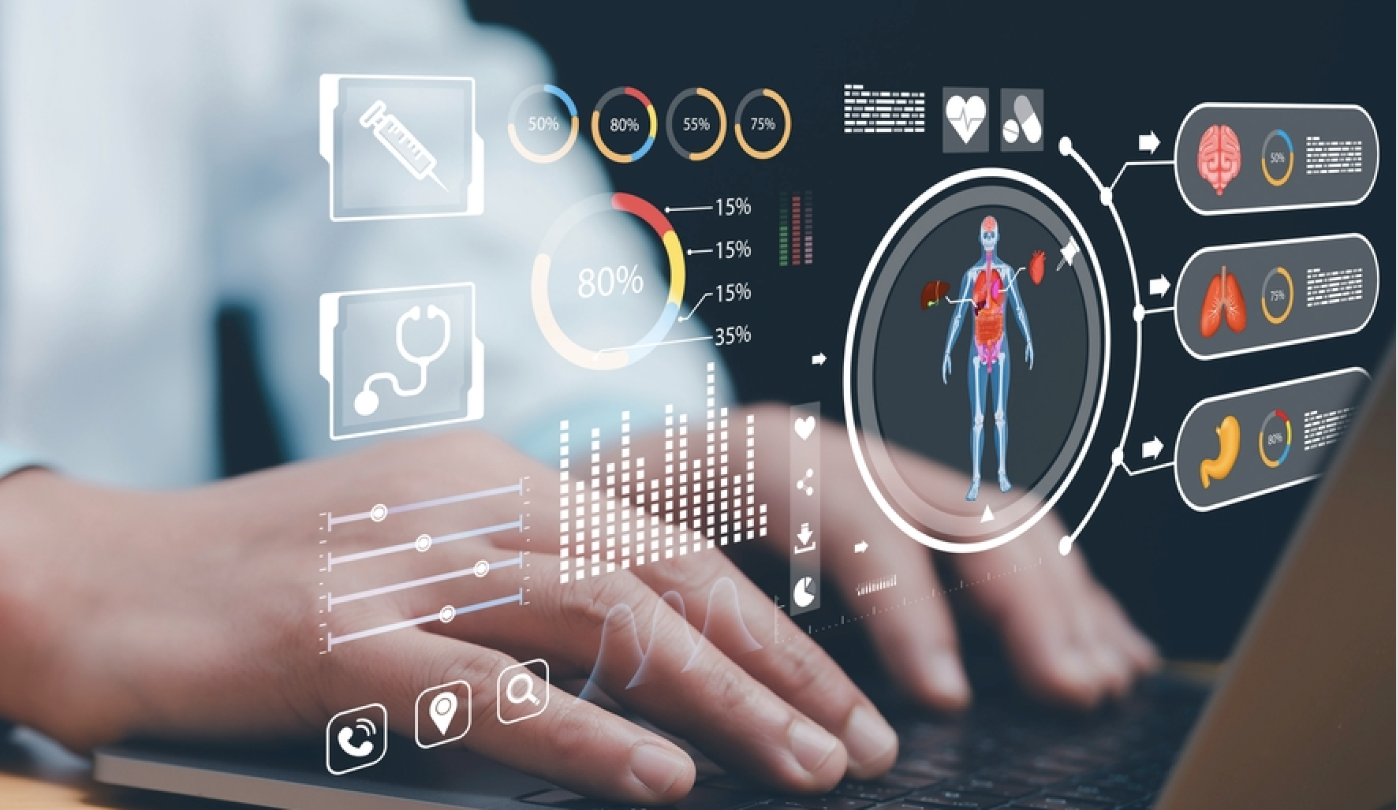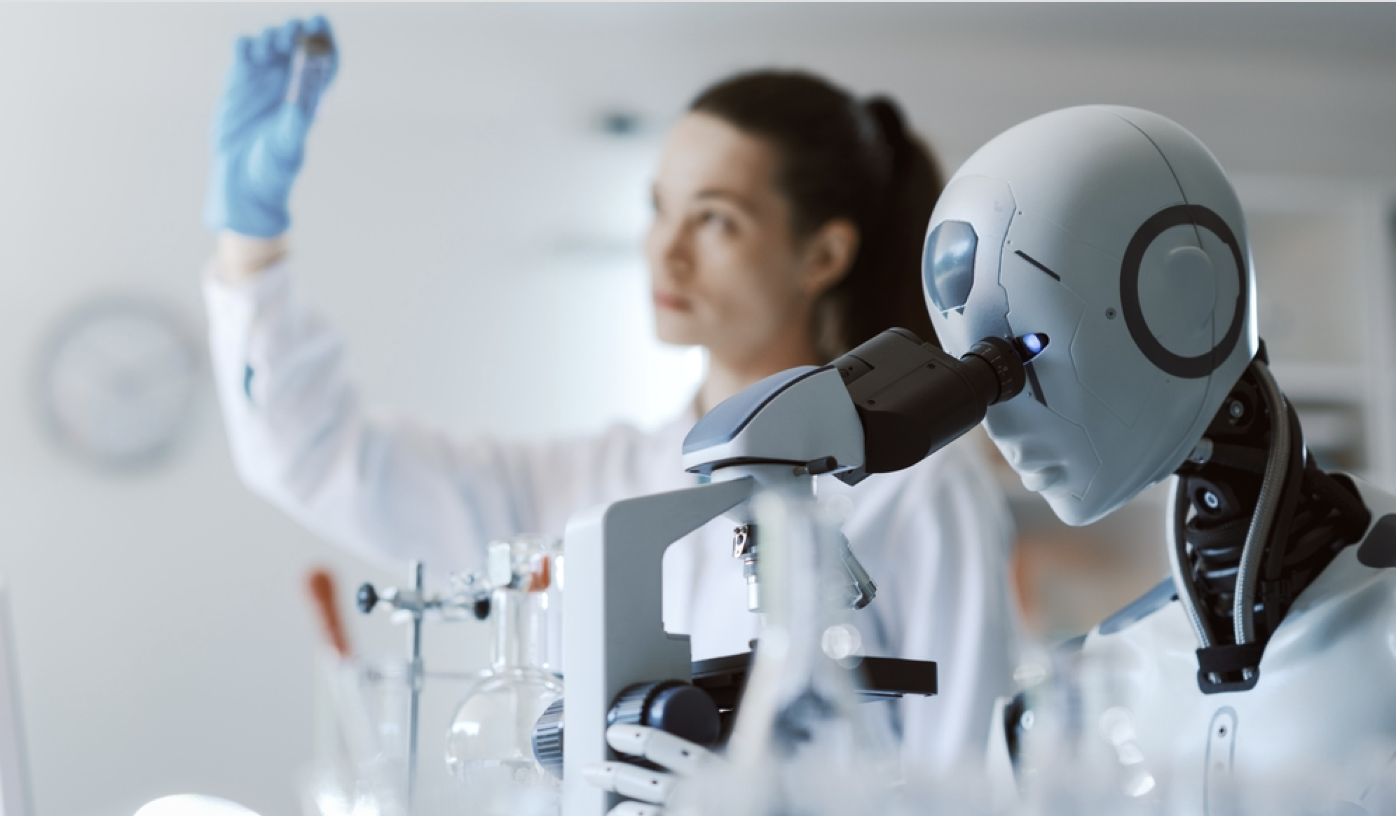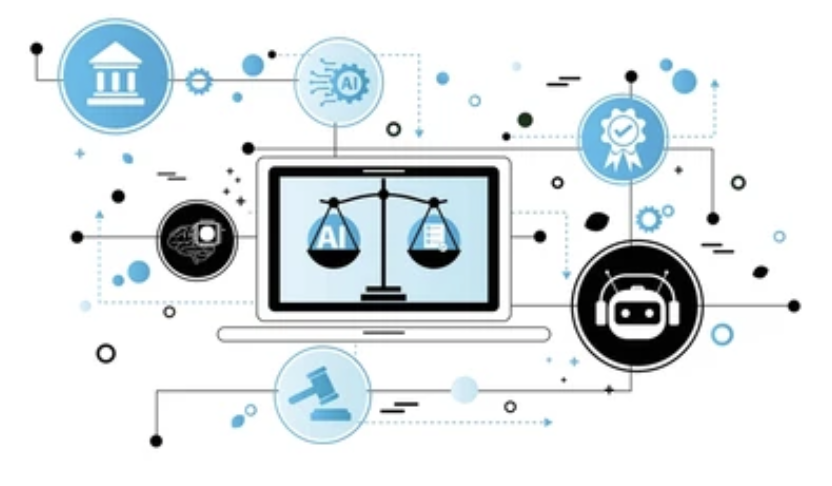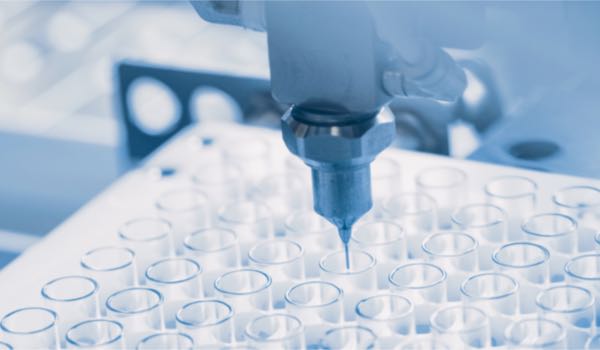


MUMBAI - Artificial intelligence (AI) has become an integral part of people’s lives today - everyone uses AI whenever ordering food, shopping online, or even watching their favorite TV shows. However, one of AI’s most interesting use cases is in healthcare - not only does it help in early diagnosis and advanced treatment of various illnesses, but it also supports preventive healthcare and personalized care management, particularly for older adults.
By using simple consumer wearables like smartwatches and fitness trackers, people already have the tools they need to take charge of their lifestyles by tracking their daily step counts, oxygen saturation levels, and even heart rates. Furthermore, AI-enabled devices also assist medical professionals in predicting certain patterns, further helping them understand the right line of treatment.
Covid-19 has further accelerated and firmed up AI’s role in healthcare - a good example is Wipro’s tool that helped detect Covid-19, pneumonia, and regular cases using chest X-rays or computed tomography scan images. This technology is extremely efficient. It can share information about each image within just five seconds. Tools like these are also particularly helpful in detecting the extent of lung damage.
Similarly, AI has been a huge blessing in detecting cancer in its early stages. According to the American Cancer Society, mammograms have a high occurrence of false positives, with about one in two healthy women incorrectly diagnosed with cancer. With AI, however, the translation of mammograms is 30 times faster and can be done with 99 percent accuracy.
AI-enabled medical devices and wearables can also curb the progress of early-stage heart disease. With regular monitoring, certain patterns can be predicted to treat the illness early
The content herein is subject to copyright by The Yuan. All rights reserved. The content of the services is owned or licensed to The Yuan. Such content from The Yuan may be shared and reprinted but must clearly identify The Yuan as its original source. Content from a third-party copyright holder identified in the copyright notice contained in such third party’s content appearing in The Yuan must likewise be clearly labeled as such. Continue with Linkedin
Continue with Linkedin
 Continue with Google
Continue with Google
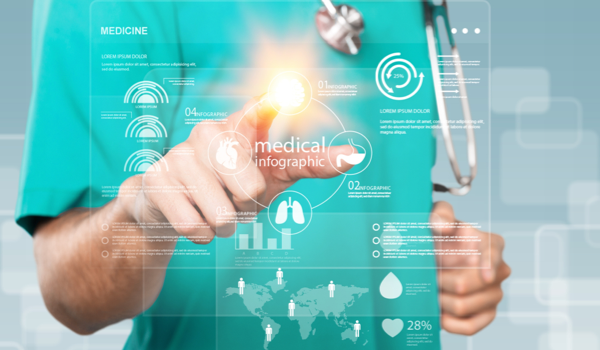








 969 views
969 views

